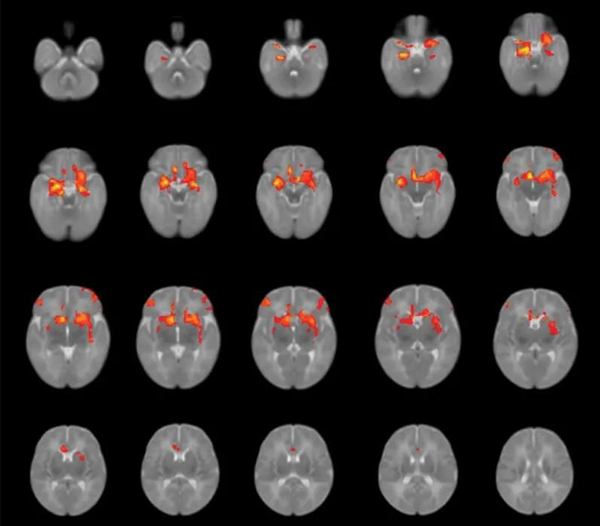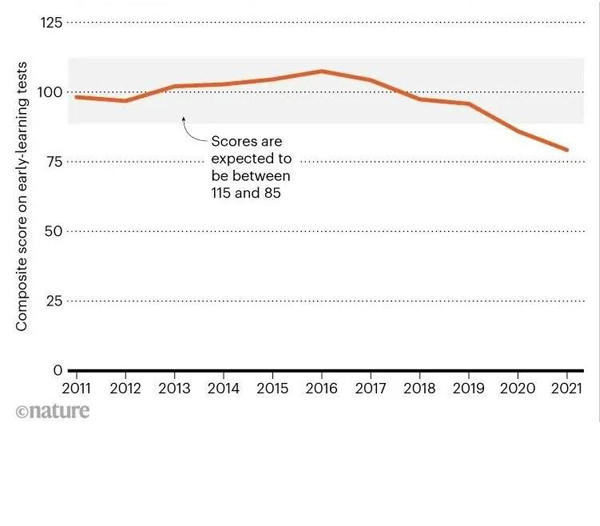Release time :2022-04-13
Source:support@yingchitech.com
Scan:2061
How long will these effects last? How to remedy?
The first babies born during the pandemic are now more than 650 days old, and the first 1,000 days of life are a crucial early foundation for child development.
These children, known as the "COVID generation", began to experience unprecedented pressure in the womb. Almost all strangers they saw after birth wore masks. And there could have been more opportunities for friends to play together… Could these changes delay neurodevelopment?
Over the past two years, several small-scale studies has been revealing that the generation born during the epidemic has been affected in many ways, even if they are not infected with the virus.
Researchers compared babies born during the pandemic with pre-pandemic data, they found that these "COVID generation" babies generally scored lower on average on tests of gross motor, fine motor and communication skills. This trend has nothing to do with whether the baby's parents are infected with the COVID, which means that the epidemic environment may be the key problem.

At the same time, the enormous stress the mother experiences during pregnancy may be a major factor that negatively affects the brain development of the fetus.
Researchers at the University of Calgary in Canada surveyed more than 8,000 pregnant women during the outbreak. Nearly half reported symptoms of anxiety, and one-third had symptoms of depression — a much higher rate than in the years prior to the outbreak of Covid-19.
Perhaps reassuringly, while stress in the womb may be detrimental to the baby, some historical research suggests that the effect may not be long-lasting, and the more responsive parents are to their needs after birth, the better their children perform. We need to actively intervene in the process, and palying and communicating will all be good to them.
Also getting more support during pregnancy, such as from a partner or close friend, to reduce stress for pregnant women, can be very rewarding.
Reference: Melinda Wenner Moyer (2022) The COVID generation: how is the pandemic affecting kids' brains? Nature Doi: https://lnkd.in/gD8K8chc
